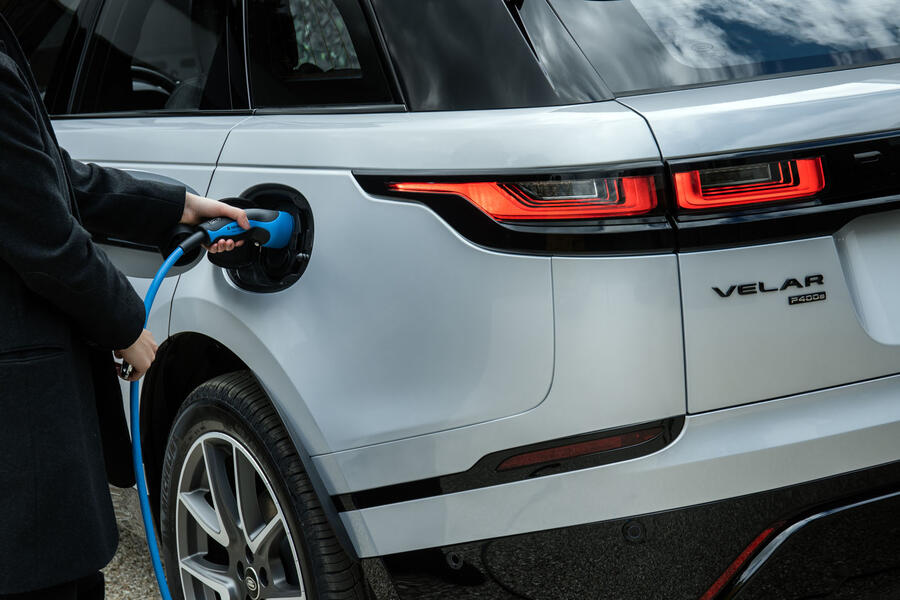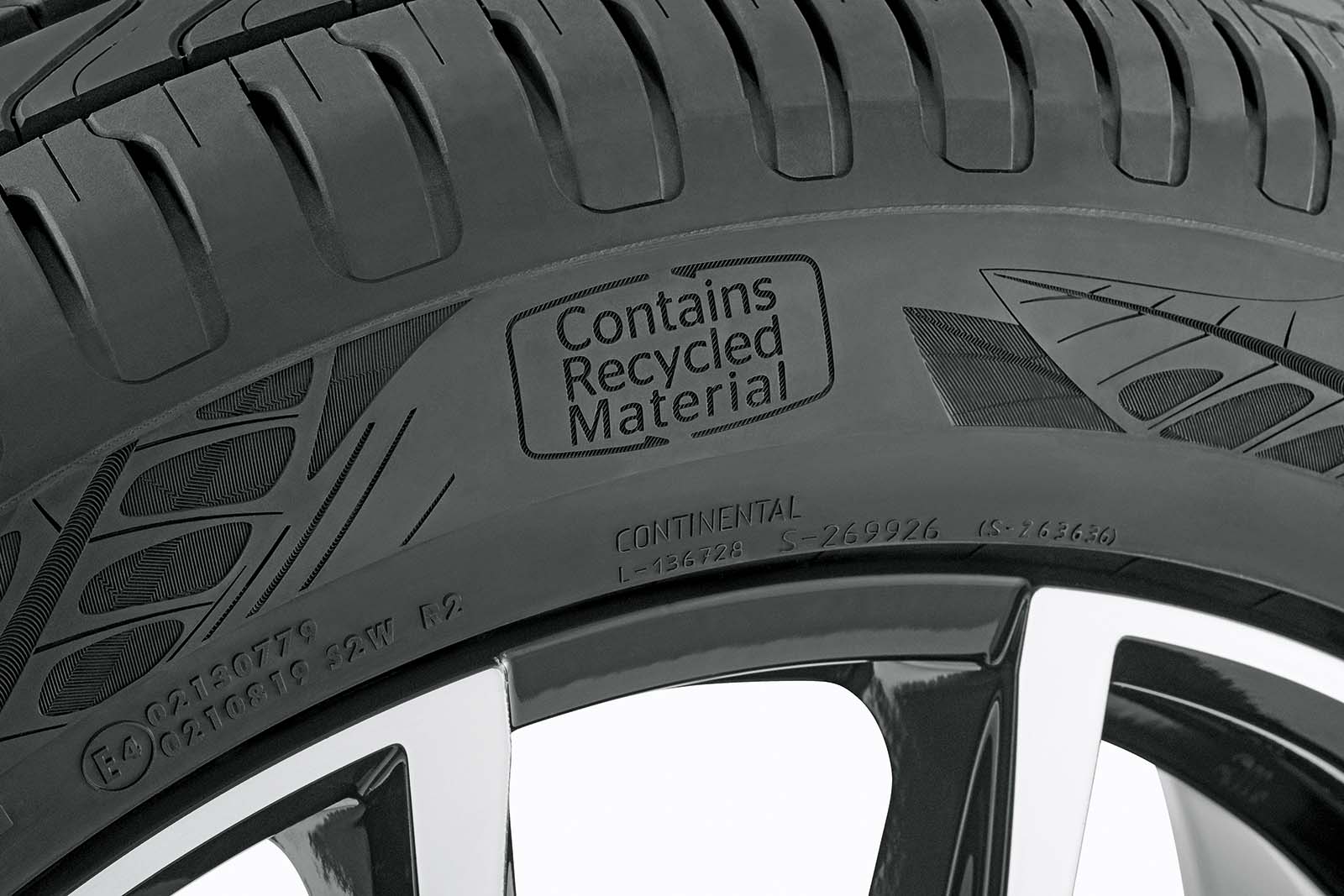Until very recently, one of the main reasons given by many for switching to an electric car was saving money. With the price of petrol and diesel still high and showing no signs dropping significantly, an EV suddenly made lots of financial sense.
Yes, these machines were often more expensive to buy or lease, but the far lower cost of refuelling them often meant that owners quickly offset their higher purchase prices.
However, as the energy crisis continues to rumble on, stoked by the ongoing war in Ukraine and the subsequent inflation in prices of electricity, the swap from ICE to EV doesn’t appear so clear-cut.
This is especially true for public charging stations, where the cost of topping up your battery using DC rapid chargers occasionally matches that of replenishing a tank of fossil fuel in a traditional motor.
And of course prices for domestic energy bills have also been hiked too, making this previously cheap source of energy much pricier. The UK government has even been forced to step in with assistance for those households that are struggling to meet the massively inflated costs of gas and electricity.
So does that mean it no longer makes as much financial sense to an EV, especially when you take into account the higher up-front cost? To uncover the facts, here’s our in-depth guide to the cost of charging an EV.
How much will it cost to charge my car at home?

According to the government-backed Go Ultra Low campaign, around 90% of owners charge their EVs at home, and this the cheapest way to charge. Obviously it depends on the car you’re charging and your electricity supplier’s tariff but, even with the recent hikes in electricity prices, you will still be saving cash on every refill compared with a traditional petrol or diesel car.
For example, a 64kWh Kia e-Niro with a claimed range of 281 miles should cost around £20 for a full charge, based on the current average cost of 34p per kWh.
Better still, invest in one of the latest ‘smart’ wallboxes and you can use an app on your phone to programme the unit to only charge when electricity is cheapest, typically overnight.
Moreover, if your home has solar panels, some chargers can use this free energy to charge your EV, further reducing your bills.
How much will it cost to install a car charging point at home?
It’s possible to use the factory-supplied three-pin plug charger when refilling your car’s cells, but charging times are lengthy, and most manufacturers claim this device is for emergency use only.
Either way, if you’re committed to EV ownership and you have access to a driveway or garage, it’s always best to use a dedicated wall-mounted unit, which can charge at up to 7kW – more than twice as fast as the three-pin alternative.
#cost #charge #electric #car













